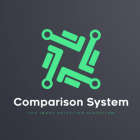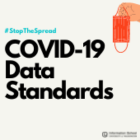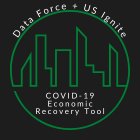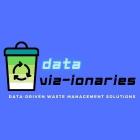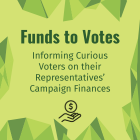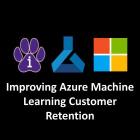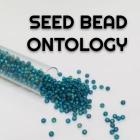
Building a Seed Bead Ontology: Making Sense of Seed Bead Color Codes
Japanese seed beads are identified by the color code assigned to each product. Three primary manufacturers assign their own alphanumeric codes, while a wholesaler combined all three identification systems into a new system. This creates confusion among consumers because these systems are not well understood and are not yet cross-referenced. My ontology is the foundation of a knowledge base that will aid in more accurate identification of colors between manufacturer numbers and the corresponding product in the wholesaler’s system. This resource will facilitate accurate color-matching and increase awareness of the variety of seed beads available.


